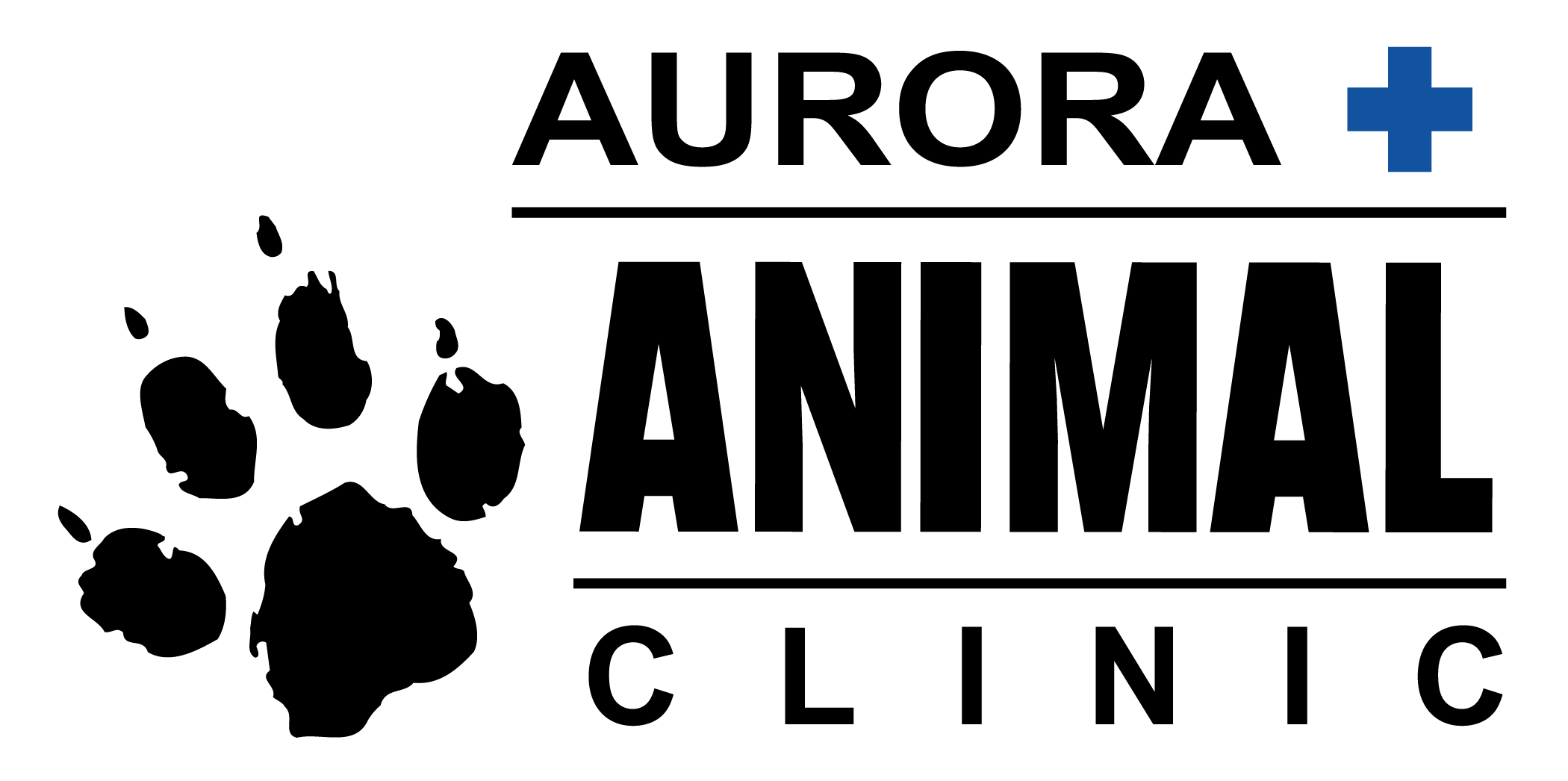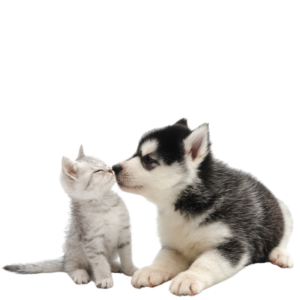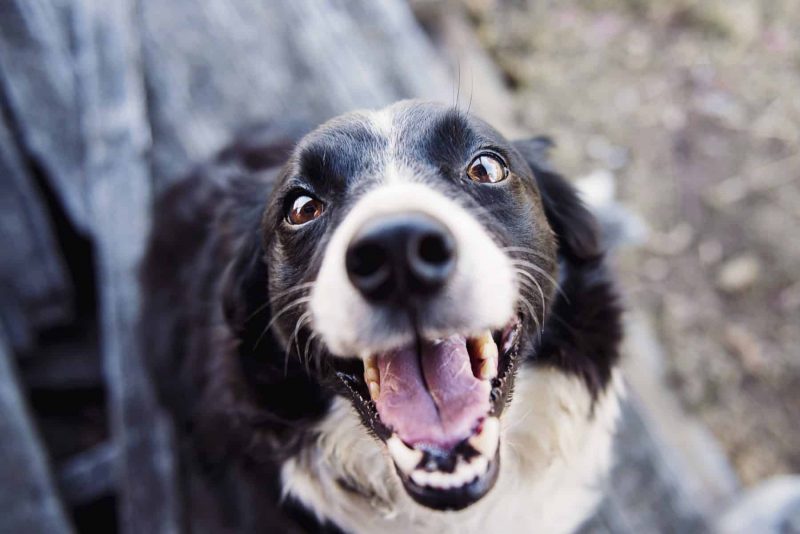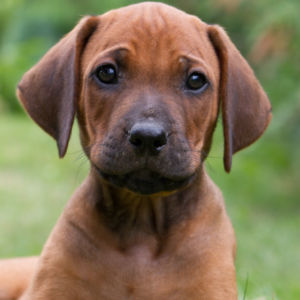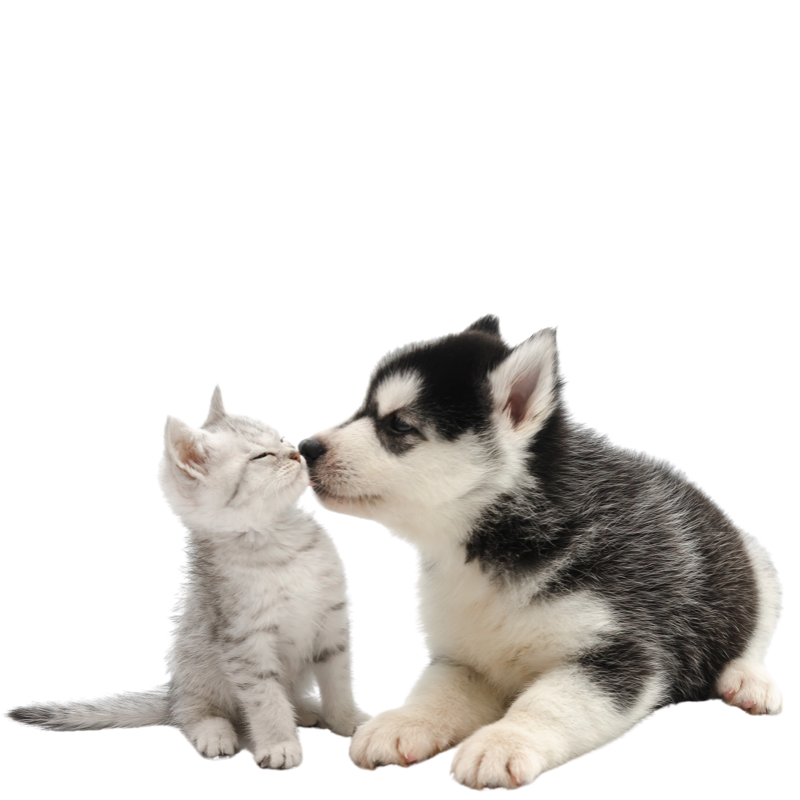What Is It?
Leptospirosis is a bacteria that can infect over 160 species of mammals including humans and pets. There are many different strains (serotypes) of leptospirosis each having one or more “reservoir” hosts who shed the bacteria but are not ill from it.
In humans, mild cases cause flu-like symptoms and can resolve without treatment. In more severe cases it can infect the liver and kidneys, cause uveitis and meningitis and result in death for 1-5% of those infected. In pets, it is most common in dogs, can also cause liver and kidney failure and in very severe cases cause bleeding problems, shock and death.
How Do Humans and Pets Get It?
Humans and animals can contract leptospirosis if the bacteria come in contact with their mucous membranes, damaged skin, or skin that is very soft from being wet. The leptospira are shed in the urine of affected animals, so pets and people usually become infected by touching or drinking water in which the infected animals have urinated.
How Is It Diagnosed?
There are blood and urine tests available to test for leptospirosis antibodies. I can be difficult to detect these antibodies, especially in early infection, so multiple tests are usually required.
How Is It Treated?
In both pets and people, treatment depends on what organs are affected and how badly. Antibiotics will kill the bacteria, but it is important to finish the whole course to be able to rid the kidneys of the infection. This typically takes at least a few weeks, and if the antibiotics are not continued long enough, the leptospires can be found in the urine again as soon as they are stopped.
How To Protect Your Pet and Yourself?
There is a vaccination available for dogs which is effective against certain serotypes but not all of them. The most prevalent serotypes of Leptospira vary by area. Currently, the most commonly found in dogs in North America include grippotyphosa, Pomona, Bratislava and autumnalis. There is not currently a vaccine for humans.
It is also important to control raccoon, rodent, skunk and other wildlife populations around your home and prevent the buildup of stagnant water where pets or wildlife could urinate. Do not let your pets (or yourself) drink out of puddles or other potentially contaminated water sources. Lastly, avoid walking around damp areas with open wounds on your feet.
Written by Sarah Went, RVT
